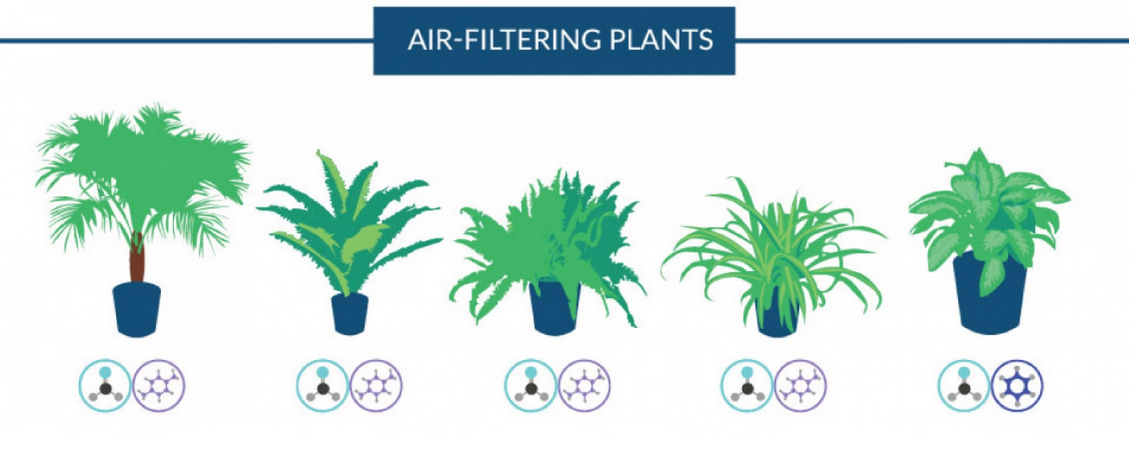Ongoing concerns about use of IVF prompted researchers to complete a study, which showed that children conceived using IVF are at no greater risk for developmental delays than those conceived without it, IF THE PREGNANCY DID NOT RESULT IN TWINS.
A recent study published in JAMA Pediatrics shows that there seem to be no differences in development between children who were conceived using IVF and children who were conceived without it if the pregnancy was a singleton (ie not multiples). After some concern has arisen in the last several years following studies published showing an 18% greater risk of intellectual disability with ICSI (intracytoplasmic sperm injection), researchers went back to take a broader look at IVF and developmental delays in the Upstate KIDS study (Yeung et al).
The study involved 1,830 children conceived through assisted reproduction, and 4,011 who were not in upstate New York. They were evaluated through age 3 by questionnaires given to their mothers.
The researchers DID find that children conceived through assisted reproduction were more likely to have developmental delays. However, the researchers recognized that there were a large number of twins in the ART group, and when they controlled for this, the children in the ART group were no more likely to have developmental delays.
This means that if you have a child through assisted reproduction technologies, they are no more likely to have developmental delays if they are a single pregnancy and not a multiple (ie twins). However, the chance of having twins increasing when using ART, increasing the overall chance of having a child with developmental delays. The difficulties were mostly with problem-solving and personal and social functioning.
References:
Examining infertility treatment and early childhood development in the Upstate KIDS Study, Edwina Yeung et al., JAMA Pediatrics, doi:10.1001/jamapediatrics.2015.4164, published online 5 January 2016.






